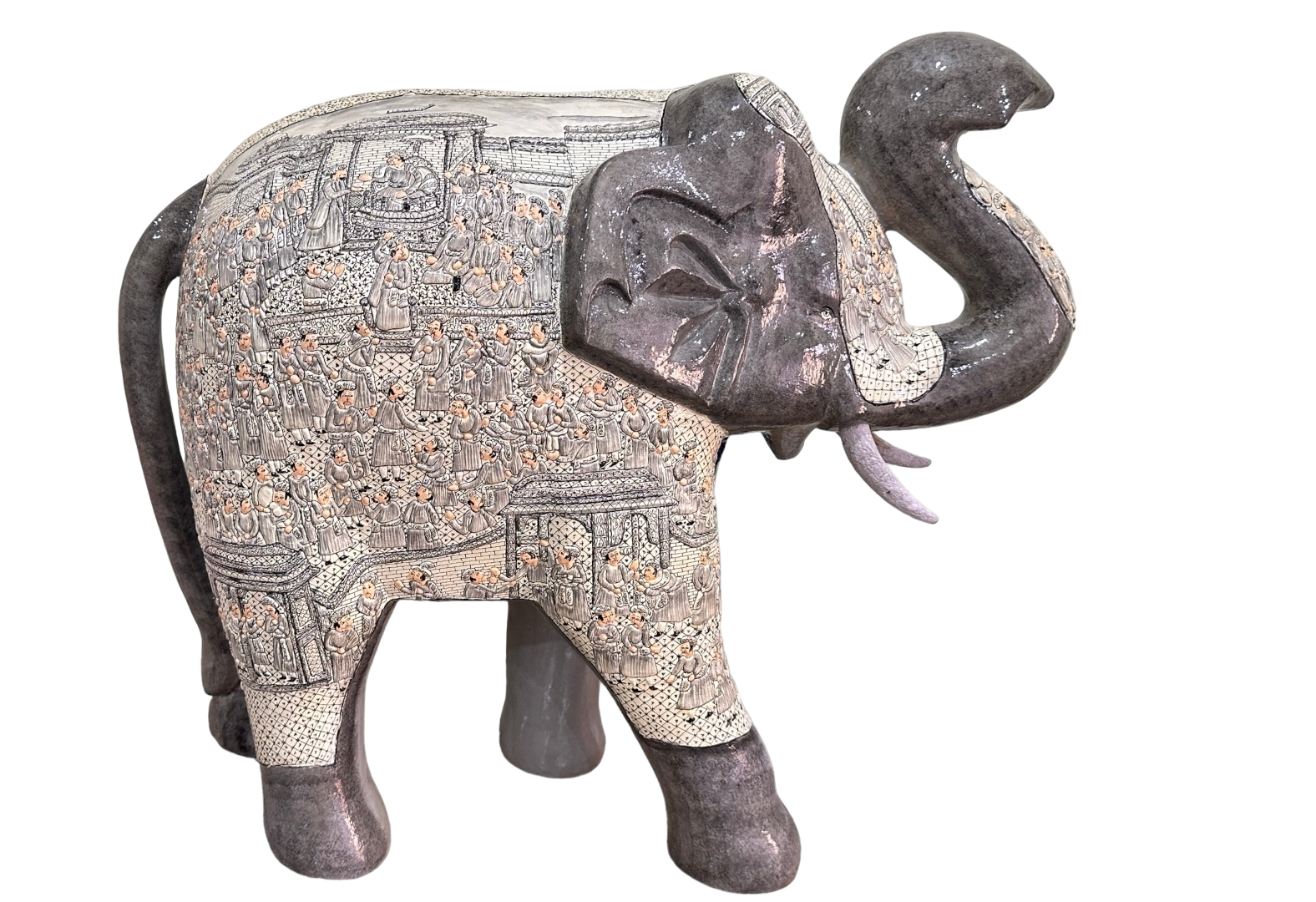The Living Art of Kashmiri Papier Mâché
Where heritage meets sustainability and timeless beauty
History of Kashmiri Papier Mâché

Introduced in the 14th century by Persian mystics, the art of Papier Mâché flourished in Kashmir under Sultan Zain-ul-Abidin. The technique combines artistic flair with intricate hand-painting, using recycled paper, rice glue, and natural pigments. Passed down through generations, this art form has remained a cherished part of Kashmir's cultural identity.
Cultural Significance

Kashmiri Papier Mâché reflects not just decorative beauty, but spiritual and cultural symbolism. From festive decorations during Eid and Diwali to heirloom jewelry boxes, these items carry deep sentimental and religious connotations. Today, they’re displayed in museums and homes across the globe.
Types of Papier Mâché
- Home Decor – Vases, lamps, trays, and more
- Jewelry – Earrings, pendants, bangles
- Festive Items – Christmas ornaments, wedding favors
- Gifts – Boxes, candle holders, coasters
- Custom Orders – Personalized art and decor
Sustainability Focus

Kashmiri Papier Mâché uses eco-friendly materials – recycled paper, plant-based dyes, and zero waste techniques. Supporting these crafts supports the planet. It’s one of the rare traditional art forms with a low carbon footprint and high social value.
Preserving the Heritage
To preserve this art, buying authentic papier mâché products is essential. You can also attend workshops, follow artisan stories on social media, and support NGOs and cooperatives focused on artisan welfare. Schools can integrate traditional arts into their curriculum to keep the craft alive.
DIY Tips: Try It Yourself!
- Soak old newspapers in water overnight
- Blend to a pulp and mix with white glue
- Shape around molds or freeform
- Dry completely before sanding and painting
- Use natural paints and varnishes for a traditional finish















